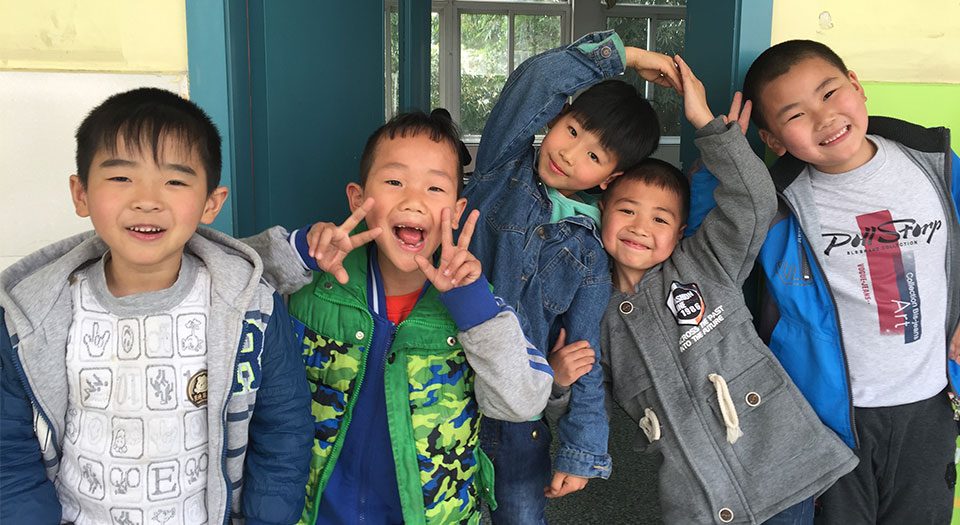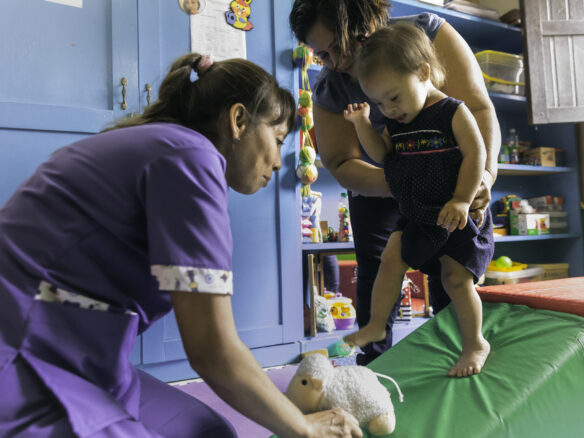Almost 6 million children in China live with a disability and they face many barriers to access quality education. There is a belief that it’s impossible for children with any kind of disability to attend regular school, and many parents are afraid to place their child in the same class as a disabled child since they fear the teaching will be negatively affected.
There is also a lack of both financial resources and know-how on how to adapt the teaching methods to the needs of the individual child. Children with disabilities are not a homogeneous group and should not be treated as such.
To ensure that children with disabilities will not be ignored and that they can attend school, this project educated teachers on what inclusive education means and how to promote diversity and inclusiveness in practice. It also provided support to parents of children with disabilities, as well as those without, to promote tolerance and increase skills on what different disabilities means.
In addition to this, the project focused on:
- Improving infrastructural access in selected schools
- Implementing methods for collaborations between class teachers, resource room teachers, parents, doctors and social workers
- Supporting local education bureaus with tools and knowledge to promote inclusive education in non-project sites
Lessons learned
In 2016 we started the first phase of a three-year long project. With a total donation of 5.3 million Swedish krona, Save the Children successfully strengthened local education structures and schools, and changed the negative attitudes towards children with disabilities by mobilizing and informing parents. These activities have improved the selected schools’ resources to ensure that children with disabilities can access education together with other children.
Based on this, we extended the project into a phase 2 in 2019 and increased our focus from 4 to 15 counties in the Yunnan and Sichuan Provinces.


